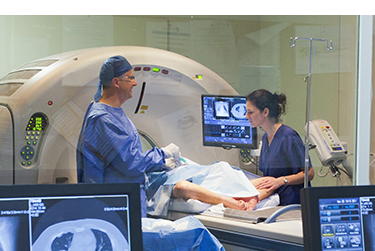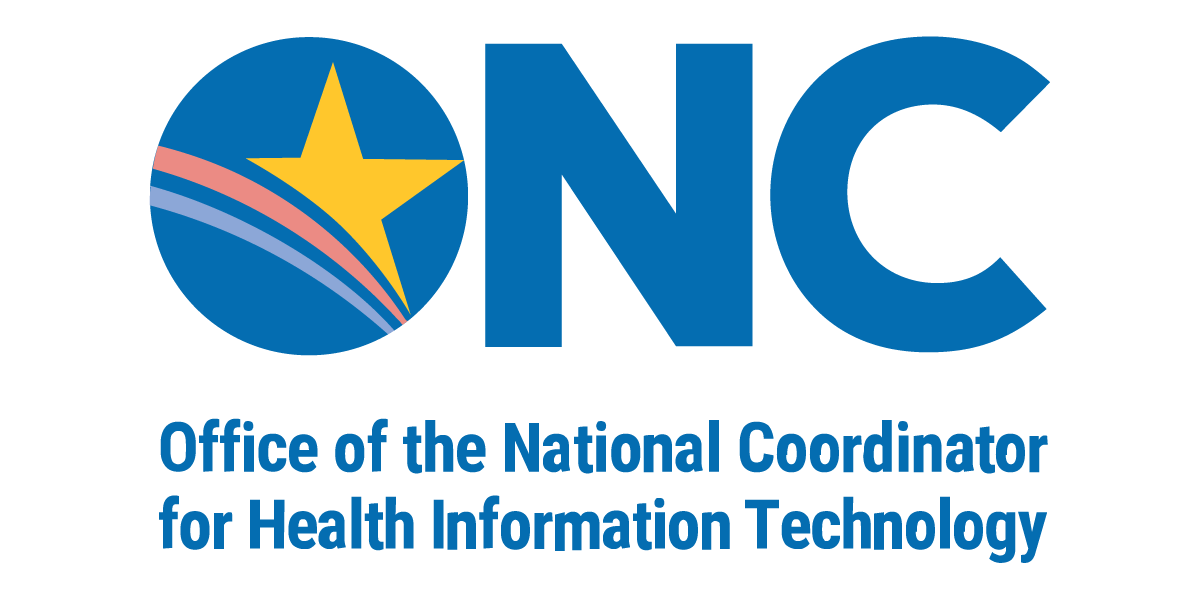An electronic health record (EHR) is more than a digital version of a patient’s paper chart.
EHRs are real-time, patient-centered records that make information available instantly and securely to authorized users. While an EHR does contain the medical and treatment histories of patients, an EHR system is built to go beyond standard clinical data collected in a provider’s office and can be inclusive of a broader view of a patient’s care. EHRs can:
![]() Contain a patient’s medical history, diagnoses, medications, treatment plans, immunization dates, allergies, radiology images, and laboratory and test results
Contain a patient’s medical history, diagnoses, medications, treatment plans, immunization dates, allergies, radiology images, and laboratory and test results
![]() Allow access to evidence-based tools that providers can use to make decisions about a patient’s care
Allow access to evidence-based tools that providers can use to make decisions about a patient’s care
![]() Automate and streamline provider workflow
Automate and streamline provider workflow
Impact of EHRs on Care
Our world has been radically transformed by digital technology – smart phones, tablets, and web-enabled devices have transformed our daily lives and the way we communicate. Medicine is an information-rich enterprise.
A greater and more seamless flow of information within a digital health care infrastructure, created by electronic health records (EHRs), encompasses and leverages digital progress and can transform the way care is delivered and compensated.
With EHRs, information is available whenever and wherever it is needed.
![]() Increase Patient Participation
Increase Patient Participation
BETTER DECISIONS AND MORE COORDINATED CARE WITH EHRS
More complete patient information available from EHRs enables providers to make well-informed care decisions quickly, helping to improve care and reduce safety risks.



